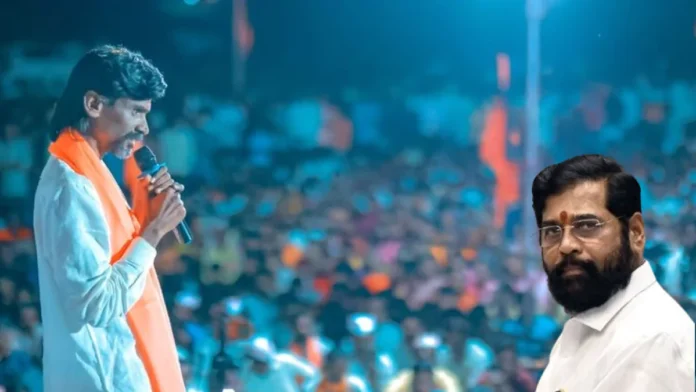The demand for reservation by the Maratha community in Maharashtra has been a persistent issue, marked by legal battles and social unrest. The recent call for reservation has sparked a fresh wave of protests, with activist Manoj Jarange Patil leading the charge. In this article, we delve into the history of the Maratha reservation, the current demands, and the ongoing developments.
Historical Background of the Maratha Reservation Issue
The demand for Maratha reservation dates back to 1997 when the community sought a separate reservation. The issue gained momentum in 2014 when a committee recommended reservations for Marathas for economic upliftment. Subsequently, the Maharashtra government, under Chief Minister Prithviraj Chavan, approved a proposal for 16% reservation in government jobs and educational institutions for Marathas, alongside 5% for Muslims.
However, this move faced legal challenges, with the Bombay High Court staying its implementation in 2014, citing faulty data used by the state to justify the reservation. A commission was then formed to collect accurate data on the backwardness of the Maratha community.
The Maharashtra State Backward Class Commission, led by Justice MG Gaikwad, submitted its report in 2018. Accepting the findings, the government, now under Chief Minister Devendra Fadnavis, passed the Maharashtra State Reservation for Socially and Educationally Backward Classes (SEBC) Act on November 30, 2018. However, the Bombay High Court, in 2019, reduced the reservation to 12% in education and 13% in jobs, citing a breach of the 50% ceiling set by the Supreme Court in 1992.
The Supreme Court, in 2021, upheld the 50% ceiling, stating that there was no justification for exceeding it. The court deemed Marathas a “dominant forward class” and emphasized that states have no power to identify SEBCs after the 102nd amendment to the Constitution.
In response to the Supreme Court’s decision, the Parliament introduced the 127th Constitutional Amendment in 2021, restoring the power of states and union territories to identify SEBCs. Simultaneously, the Maharashtra government, under Chief Minister Uddhav Thackeray, set up a committee headed by former Chief Justice Dilip Bhosale. The committee recommended filing a review petition, which was dismissed in April 2023.
Present Situation and Ongoing Protests
In the aftermath of the dismissal, a curative petition was filed in the Supreme Court, set to be heard in due course. Activist Gunratan Sadawarte, representing the petitioners, emphasized that crossing the 50% reservation limit would be challenged again in court.
Meanwhile, Maratha quota activist Manoj Jarange Patil has reignited protests, demanding reservation for socially and economically backward Marathas in jobs and educational institutions. The ongoing agitation, marked by a hunger strike and a march to Mumbai, underscores the urgency of addressing the Maratha reservation issue.
Who is Manoj Jarange Patil?
Manoj Jarange-Patil, a prominent figure in the Maratha reservation movement, has been actively advocating for 15 years. His recent hunger strike and march to Mumbai have garnered significant attention, making him a central figure in the ongoing protests.
Incidents of Violence in Maratha Andolan
Despite the legal complexities, the Maratha Andolan has witnessed incidents of violence and clashes with law enforcement. Road blockades, suicides, self-immolations, and attacks on public figures have marked the protests, highlighting the intensity of the movement.
Current Demands and Future Outlook
The current demands of the protesters include reservation for socially and economically backward Marathas, implementation of National Commission on Farmers’ recommendations, and an amendment to the ST/SC (Prevention of Atrocities) Act, 1989.
As the Maharashtra government introduces an ordinance proposing a 16% reservation for the Maratha community in education and jobs, the fate of this proposal rests on the approval of the Supreme Court, considering its previous stance on such reservations.
The Maratha reservation issue remains a complex interplay of legal, political, and social dynamics. The coming days will determine whether the government can find a resolution to this longstanding concern, or if it will continue to be a source of tension and unrest in Maharashtra. Stay tuned for further updates on this evolving situation.
